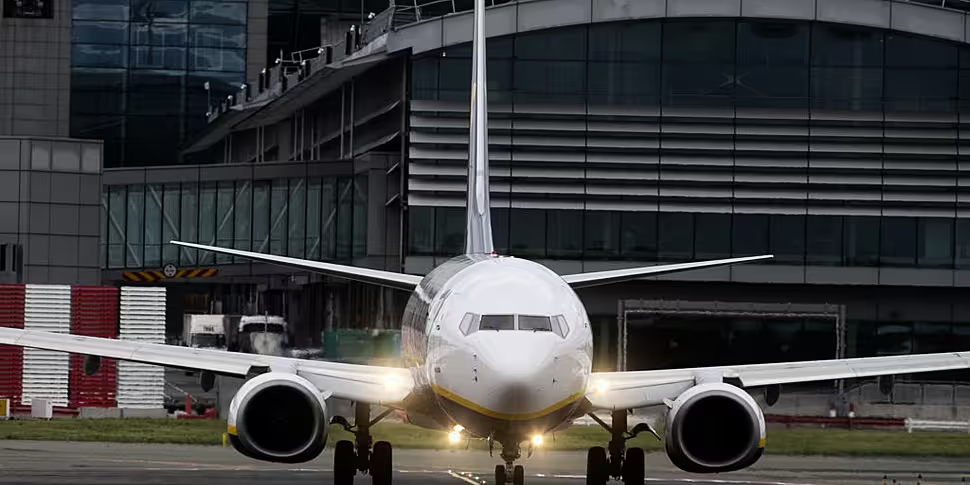A solicitor says the Government seems to have implemented 'legislation by press release' over changes to the Pandemic Unemployment Payment (PUP) for some people going on holidays.
It comes after Tánaiste Leo Varadkar suggested earlier this week that the payment could be stopped for those who go abroad.
On Sunday he claimed: "The Department of Social Protection gets information from the airports and if somebody is not genuinely seeking work or is not living in the country anymore their welfare payments can be stopped".
Replying to questions on Twitter, Dublin Airport said it does share any passenger information with third parties, and does not have access to such passenger information in the first place.
Simon McGarr is a solicitor and director of Data Compliance Europe.
He told The Pat Kenny Show there have been a number of changes to the legislation.
"It turned out, if we went back and looked, that there had been a change in a 2007 law made on the 10th of July.
"So the 2007 law allowed people who were on Jobseekers to take a two week holiday without it affecting their pay.
"The change didn't remove the payment, it simply said you could go on a holiday and then it added in the requirement that you travelled in line with advice from the Department of Foreign Affairs - the COVID travel advice.
"That was the change made - then after the Tánasite had described it, perhaps not exactly as we've just set it out there, suggested that there was some sort of requirement that people couldn't travel at all, that everybody who travelled on holidays had always been not allowed get paid and you had to be available for work - none of which was in line with the 2007 law.
"We then saw another change, this time not by way of legislation or even the secondary legislation that the minister's order represented, but by just a change on the website that now said no one can go anywhere and get paid their Jobseekers.
"This was a third change in policy and unlike the other two, it didn't involve any legislation - it appears to be legislation by press release."
"That's kind of an unusual method of dealing with a legal difficulty, if there was a legal difficulty, and if it was the case that the changes in the Government's advises hadn't been foreseen and that wasn't what they intended... then perhaps the appropriate method would have been to change the law, rather than simply try and issue a press release saying the law was changed."
He said details on any such stopped payments have not been released.
"We can be sure that some people have had their payment stopped as a result of trying to go on holidays.
"The places that they were going and the details of those people are known only to the individuals in their own cases and on aggregate only to the Department of Social Protection - and they haven't given us any information about that".
He said how authorities are getting such information remains an open question.
"The Tánaiste suggested that the department got information from airports.
"You could argue that was a description of when it gets information from social welfare officers who are in airports, or it could be argued that that was a description of receiving information regarding people travelling through airports - which comes via a European system called Passenger Name Record, which is only intended to be used for serious offences and terrorism, but which can also be used to catch fraud under the Social Welfare Act".
"It does seem like a strange focus of activity, that's a policy question for the Government.
"It involves the payment of a couple of hundred quid to apparently between 50 and 60 people by the department's own estimation.
"I'm not sure why it was such a focus for the department that they brought in a new law, changed the law, changed the wording, didn't change the wording in Irish etc - that seems to have been a matter internally for the department to have considered to have been important".
The Department of Justice has since clarified that the Passenger Name Record (PNR) has not been used to exchange information with the Department of Social Protection in these cases.









